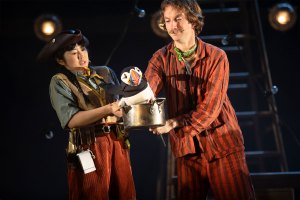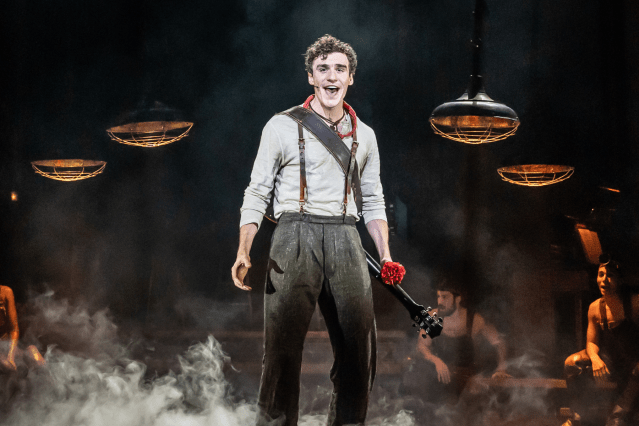'There aren't enough role models to inspire women into the arts'
Mentors on a new scheme designed to help women into the arts sector give their advice on how to get ahead
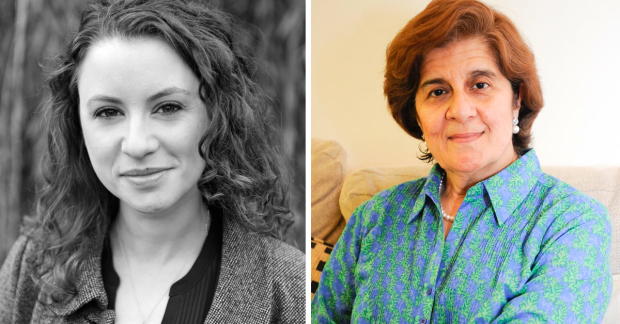
University Women in the Arts is a new one-off scheme designed to address the difference in number of women studying the arts and the number of women actually working in artistic and leadership roles.
Figures show that 70 per cent of students at the University of the Arts London, Europe’s largest arts university, are female, whilst recent British Theatre Consortium, Tonic Theatre and University of the Arts London figures have shown that only 30 per cent of professional playwrights are female, only 30 per cent of female directors are female, and only 30 per cent of professional artists in galleries in London are female, and it’s a similar figure across the arts.
The scheme connects the likes of Vicky Featherstone, Jude Kelly and Lucy Kerbel to women aspiring to work in the arts sector across the UK.
Here some of the mentors involved in the scheme offer their advice to people aspiring to work in the arts.

Lucy Kerbel, Director of Tonic Theatre:
How did you find your way into the arts?
When I was 16 I went to the BRIT School to do a BTEC in Theatre Production. I thought at that point I wanted to be a stage manager or a costume designer. BRITs had really excellent links with the industry and I was very proactive about asking my teachers if they could help find me work experience placements in my holidays. So I'd do a week here and a week there which was a great introduction to finding out how things worked. I also developed a habit of just walking into places and asking for jobs and sometimes that paid off!
What advice would you give to women starting out in the arts industry?
Don't be unnerved by people around you who look like they know tonnes more than you do or know exactly what they're doing. The chances are they don't but are just good at blagging.
What has been your biggest challenge so far?
Sometimes the size of my workload gets me down. I run a tiny company that's trying to make a massive impact and so at times the scale of what we're doing (and which others expect us to do) can outstrip the resources we have. I also find the amount of emails I have to deal with ridiculous – and I know I'm not alone in that. But I'd rather be overworked and highly stimulated than have a more leisurely pace at work but run the risk of getting bored.
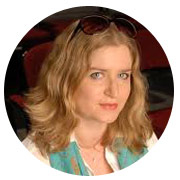
Jennifer Tuckett, Director of University Women in the Arts
How did you find your way into the arts?
At university, I began acting, then writing and directing, and the extra-curricular opportunities to do this were really important in showing me it was possible to do something like that as a career. After University, I did an MA in Creative Writing (Scriptwriting) at the University of East Anglia. The scripts I wrote got me onto several young writers programmes. From there, I got my agent and I became part of The Old Vic New Voices company which was one of the most important things I did as I met so many contemporaries and potential collaborators.
What advice would you give to women starting out in the arts industry?
Keep on going. One of the great pieces of advice I received was from Sam Mendes who I wrote to when I was an undergraduate when he was at the Donmar Warehouse. He said "I don’t have much advice but if you want to do something, do it and think of the consequences later.".
What has been your biggest challenge so far?
Time and resilience. You just have to keep going until people begin to see what you’re aiming at – that can be hard and I think being a woman working in an organisation can make it harder. I’ve definitely seen ideas of mine given to older male colleagues in the past on at least one occasion as "it was too important to mess up". However, if you keep going, I really believe you get there in the end.
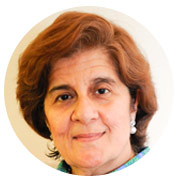
Pinky Lilani, Founder and Head of the Women of the Future Programme
What advice would you give to women starting out in the arts industry?
I would say keep being creative and don’t give up – even if things don’t work out in the beginning. Build a network of people who believe in you and support you. From what I hear and see – it can be hard – but remember all of society benefits by your artistic endeavour – so do it for all of us!
What has been your biggest challenge so far?
My biggest challenge so far is being focussed – I come across so many interesting projects and things to do – its finding the time to do all the things that I want to do.
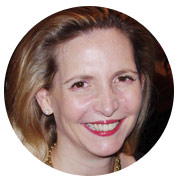
Amanda Foreman, historian, columnist, TV presenter and Chair of The Man Booker Prize
Why do you think mentoring women studying the arts is important?
There has been a huge increase in the amount of women working in the arts since I began my career, which is great, of course. Oftentimes when you ask female artists how they've achieved their success, though, it becomes clear that they have had to forge a somewhat haphazard path there. Creative women have two choices: follow the formula for success and recognition set forth by male artists, which is quite rigid and still fairly hostile to women, or muddle along on their own and hope for a stroke of luck. I believe that women deserve a clearer formula for parlaying their passion and talent into a career.
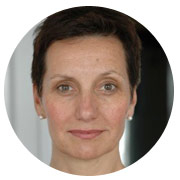
Suzie De Rohan Willner, CEO of TOAST
Why do you think mentoring women studying the arts is important?
With the progression of technology the arts become critical. Women have a huge contribution to offer in the arts and mentoring can help inspire them, build their confidence and equip them for leadership
Why do you think more women study the arts but less women work in the arts?
I believe there are a lack of role models to inspire and help them.
The next University Women in the Arts public event is on 9 November at 6pm with Anne Edyvean, Head of BBC Writersroom. For more information and to sign up to the mailing list to be kept informed of the future events please go to: www.universitywomeninthearts.com







